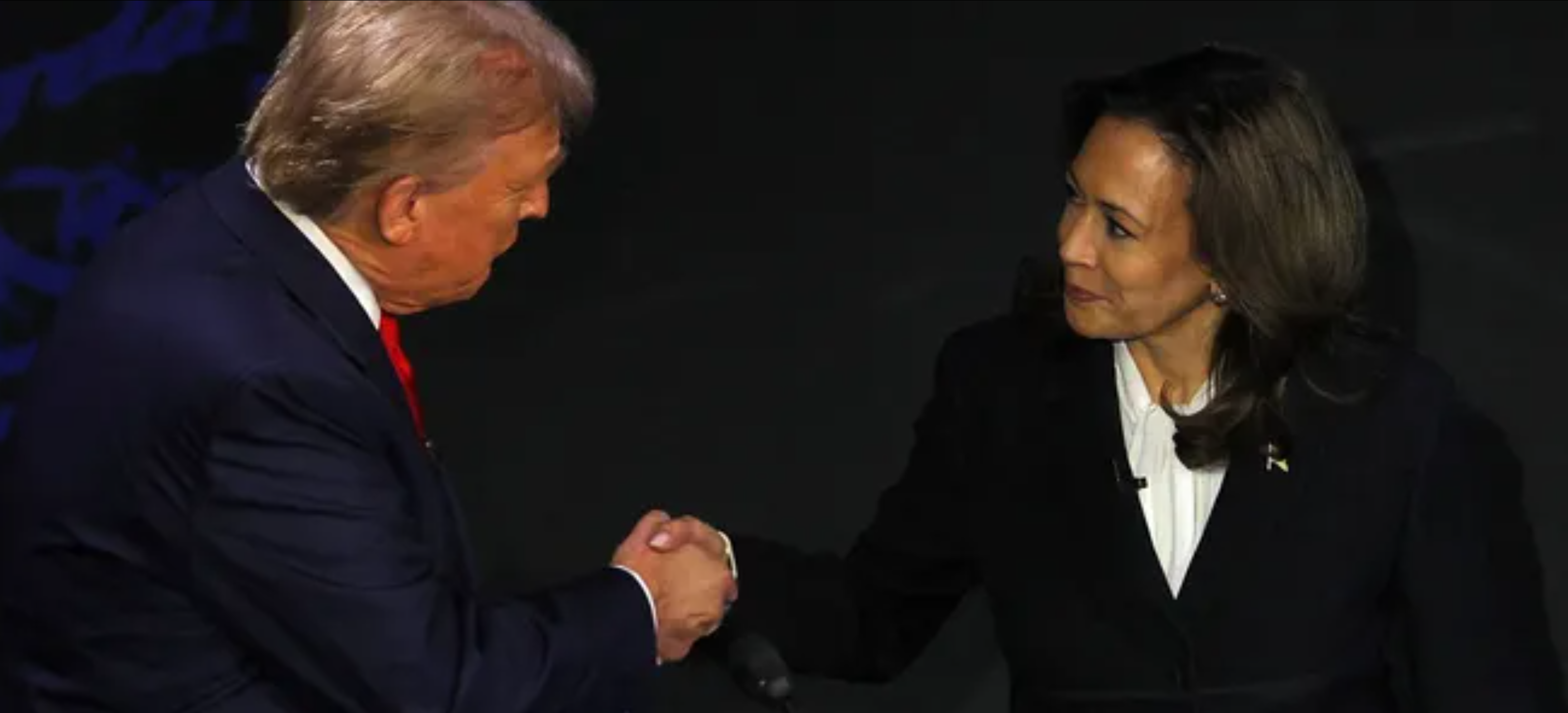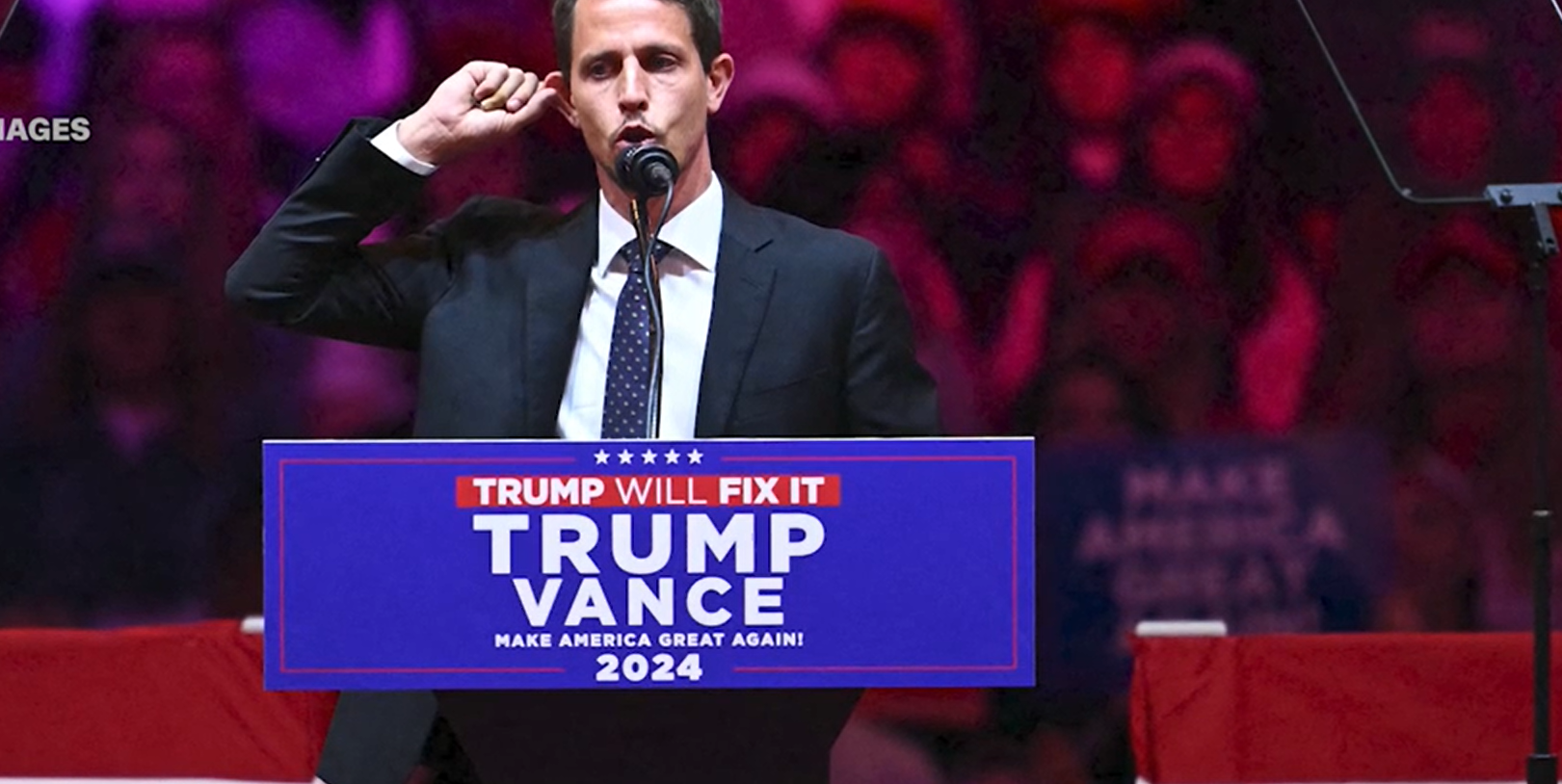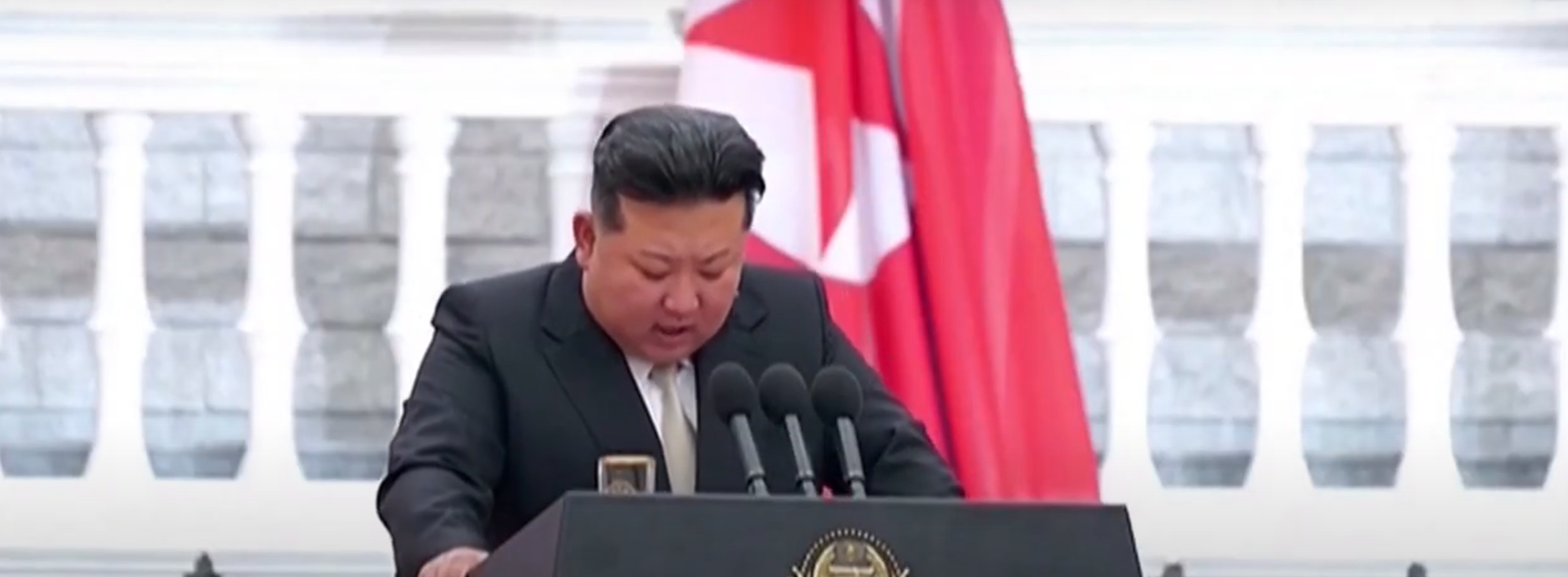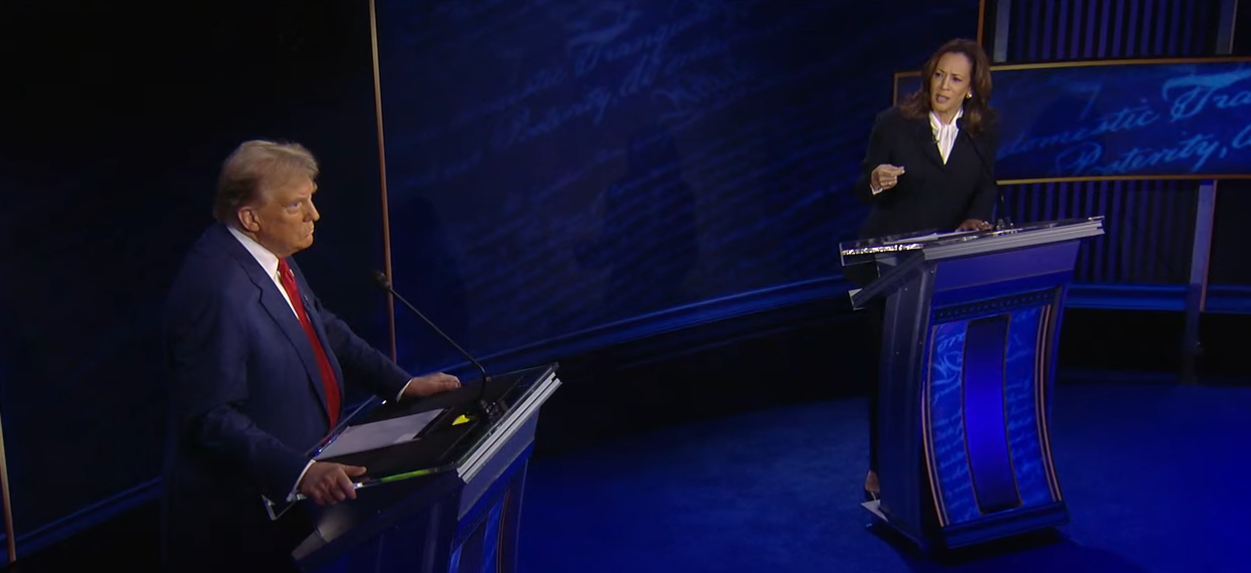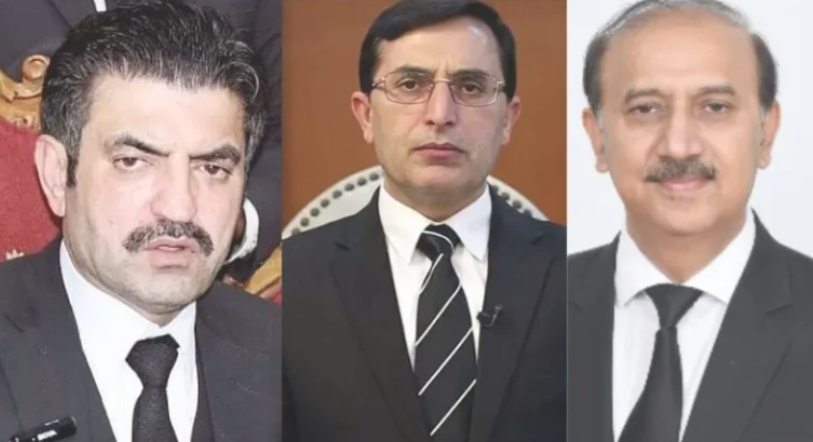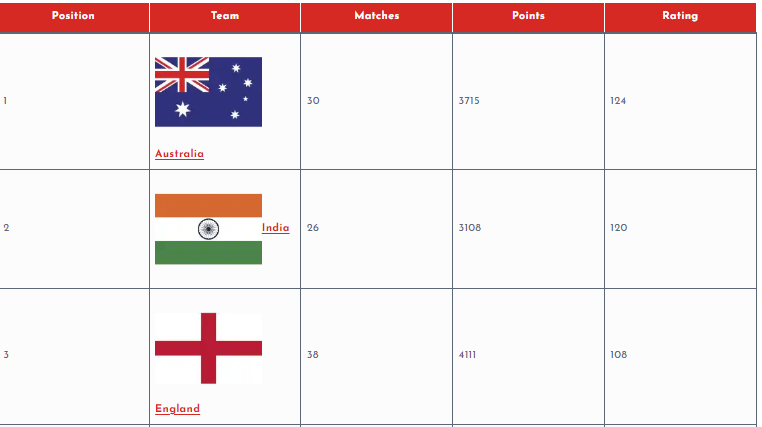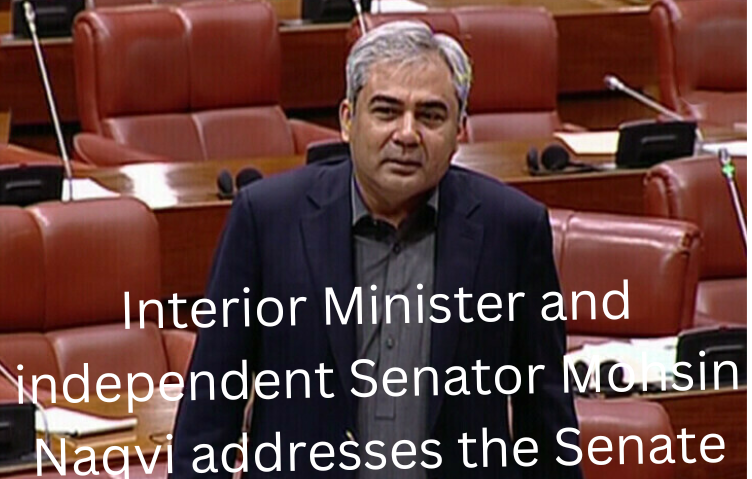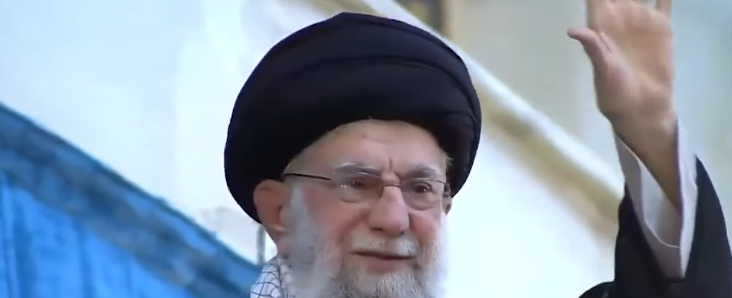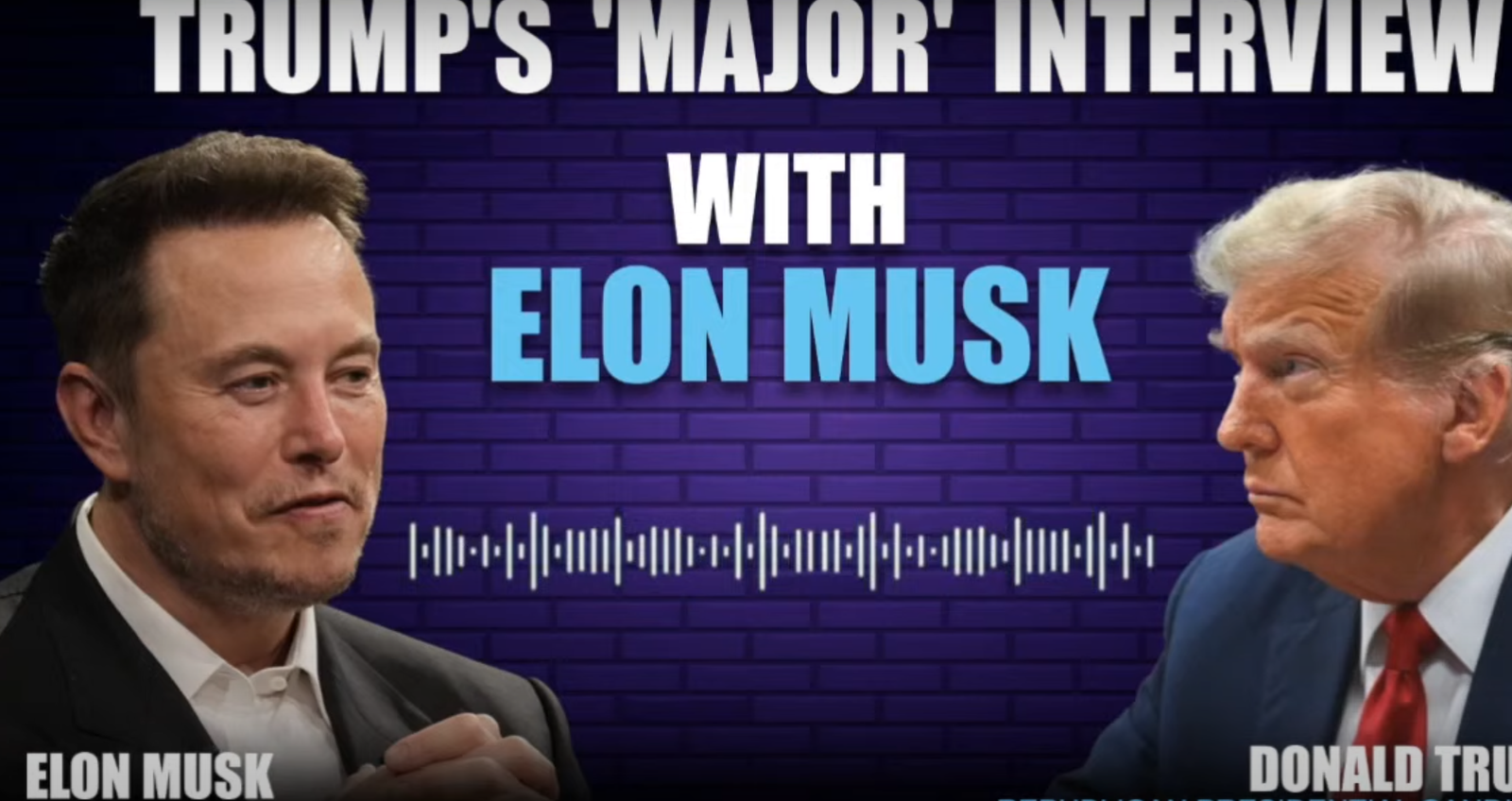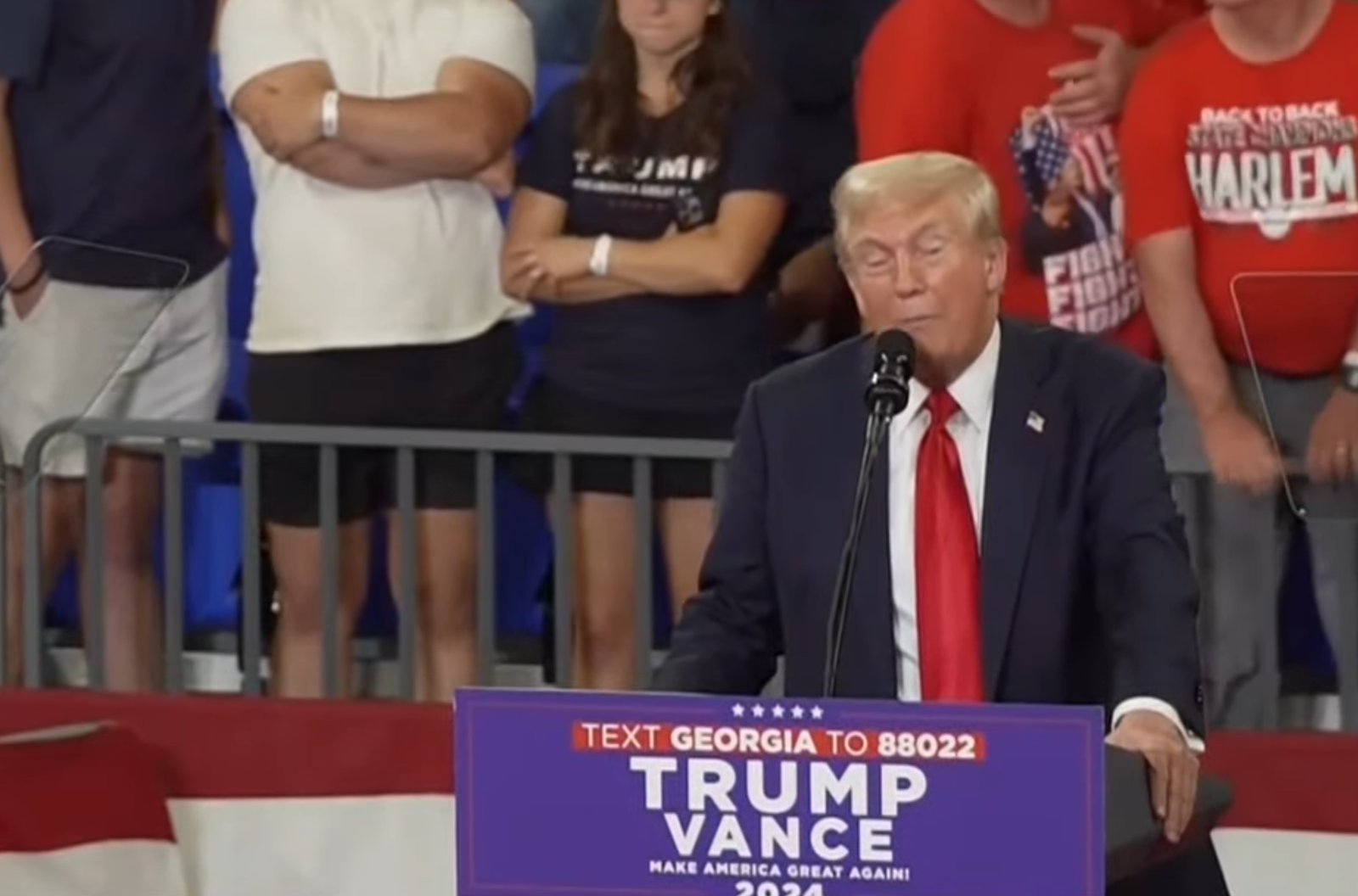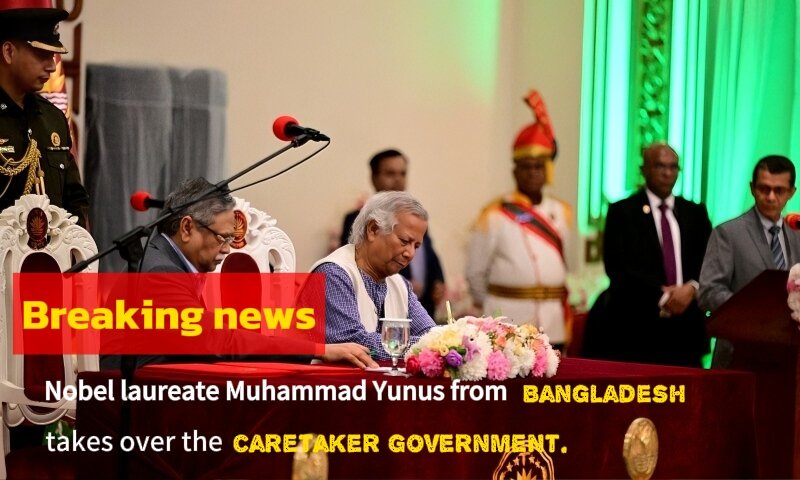
European Commission Faces Debate Over Inward Recruiting for Lead simulated intelligence Consultant
This week, the European Commission’s choice to look for an inside contender for the job of lead logical guide for Man-made reasoning (artificial intelligence) has started contention. The position, under the Directorate-General for Correspondences Organizations, Content and Innovation (CNECT), will assume a urgent part in managing the quick developing man-made intelligence scene, particularly concerning strong universally useful artificial intelligence models like ChatGPT.
The man-made intelligence Office, answerable for regulating the man-made intelligence Act’s execution, will depend intensely on the counselor to screen mechanical progressions and proposition bits of knowledge into testing and assessing new man-made intelligence models. Back in May, a Commission official made sense of the significance of having an undeniable level master who can uphold the Commission’s work on universally useful man-made intelligence models.
The counselor is likewise expected to liaise with the impending logical board and give suggestions on development strategy, adding one more layer of significance to this job.
In any case, the new declaration by the Commission, affirmed by MLex and Euractiv, that the position will at first be open just for inward recruiting among EU establishments, has not been generally welcomed by everybody.
Political Resistance to Interior Employing
Noticeable political figures have voiced concerns. Kai Zenner, head of office for MEP Axel Voss (EPP, Germany), reprimanded the choice, expressing that it conflicts with the soul of the political understanding that molded the artificial intelligence Office.
Zenner contended that the artificial intelligence Office was intended to incorporate info from EU authorities as well as from outer specialists in business, innovation, and science. This variety was viewed as fundamental in tending to the mind boggling difficulties presented by artificial intelligence guideline.
Svenja Hahn, one more MEP engaged with molding the computer based intelligence Act, repeated these worries. Hahn featured that the job of the artificial intelligence Office was expected to go past a standard Commission unit and to get a scope of skill from outside the customary EU structure.
The Commission’s Safeguard
Because of these reactions, a Commission official protected the choice, expressing that the employing system is presently open to all authorities from EU organizations, including organizations like ENISA, the EU’s network safety organization. The authority additionally noticed that the job might actually be opened to outside up-and-comers assuming the position stays unfilled.
The authority explained that there was no particular political settlement on how the lead logical counselor ought to be recruited, and the simulated intelligence Act itself doesn’t specify this position. The formation of the job came after the artificial intelligence Act talks finished up, meaning the counselor was not expose to the equivalent employing limitations as different jobs connected with the Demonstration’s requirement.
Adjusting Inward and Outside Ability
The contention features the pressure between focusing on inner EU skill and the interest for outside points of view from the confidential area and scholarly local area. The lead logical consultant will be instrumental in directing the man-made intelligence Office and guaranteeing that the Commission stays in front of mechanical improvements while successfully controlling a quickly evolving industry.
As the computer based intelligence scene keeps on developing, finding the right harmony between interior assets and outer skill will be vital for the EU’s way to deal with simulated intelligence administration. Whether the job at last opens to outer applicants, this choice will probably shape the fate of computer based intelligence guideline across the alliance.
This discussion fills in as a sign of the intricacies engaged with managing artificial intelligence, where the high speed of mechanical development requires strong administration as well as the consideration of different well-qualified conclusions from different areas.
| Topic | Details |
|---|---|
| Position | Lead Scientific Adviser for Artificial Intelligence (AI) |
| Department | Directorate-General for Communications Networks, Content and Technology (CNECT) |
| Role | Overseeing technological developments, testing, and evaluating AI models, especially GPT-like models |
| AI Office | Responsible for enforcing the AI Act |
| Controversy | Position opened for internal hiring only among EU institutions, leading to political opposition |
| Critics | MEPs argue the role should be open to external experts from business, technology, and science |
| Commission’s Response | Role could be opened to external candidates if not filled internally; no political agreement on hiring method |
| Key Concern | Balancing internal EU expertise with external perspectives for effective AI governance |
- Trump wins 2024 official political race, Current News
- Current News Latest Technology in the word
- US Presidential Election Map: Real-Time Results and Analysis for 2024
- Who is winning 2024 US official political decision at this moment? Most recent Final voting day surveys, chances, results
- “Buccaneers vs Chiefs: A Showdown of NFL Powerhouses”





